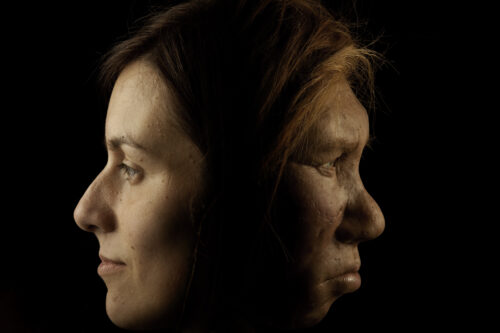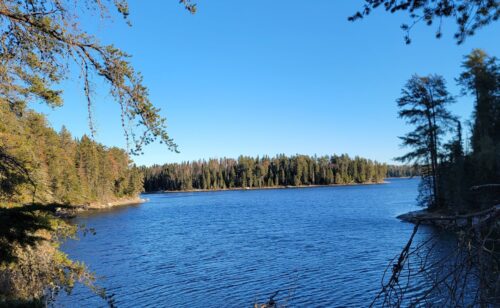
On the Tracks to Translating Indigenous Knowledge
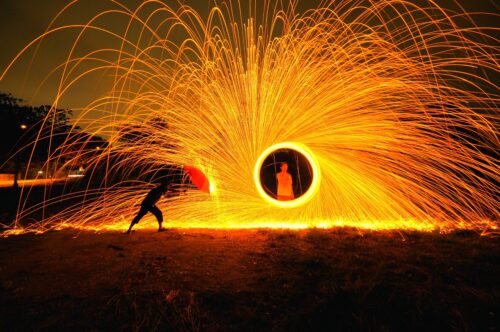
A Call for Anthropological Poems of Resistance, Refusal, and Wayfinding
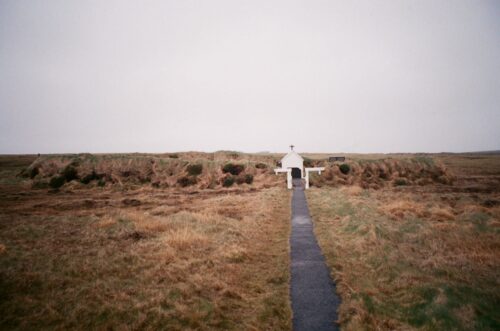
Buried in the Shadows, Ireland’s Unconsecrated Dead

Nameless Woman
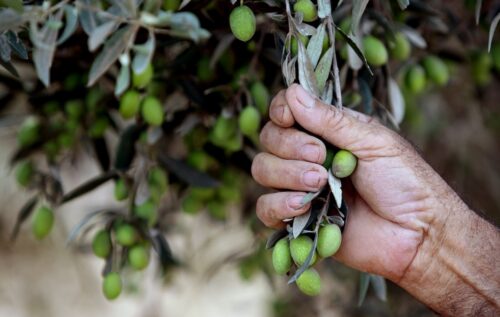
A Palestinian Family’s History—Told Through Olive Trees

Can “Made in China” Become a Beacon of Sustainability?

The International Order Is Failing to Protect Palestinian Cultural Heritage
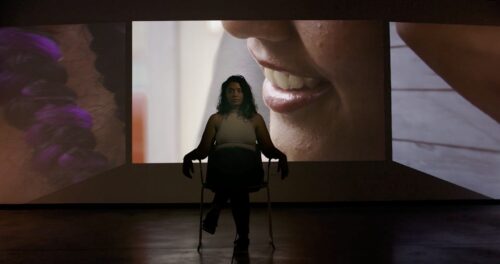
Spotlighting Black Women’s Mental Health Struggles
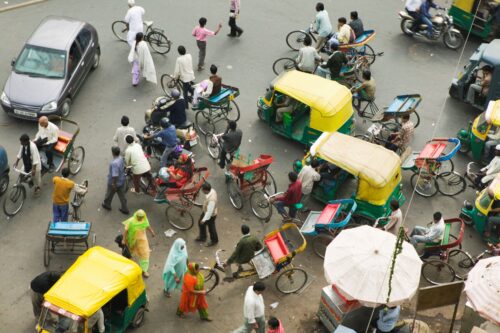
Being a “Good Man” in a Time of Climate Catastrophe

The Visit
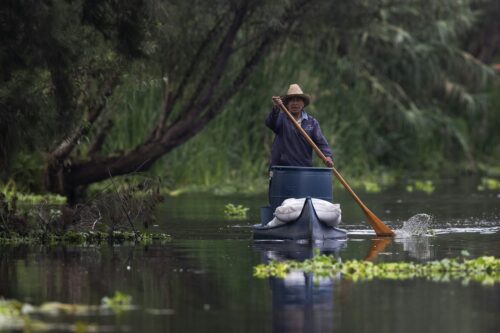
Cultivating Modern Farms Using Ancient Lessons

Imphal as a Pond
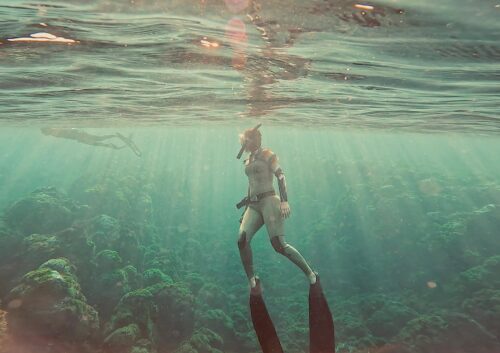
A Freediver Finds Belonging Without Breath
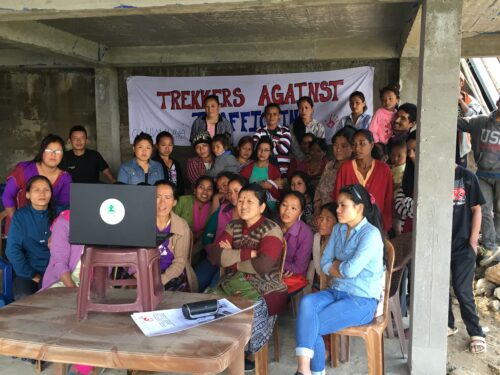
The Trauma Mantras
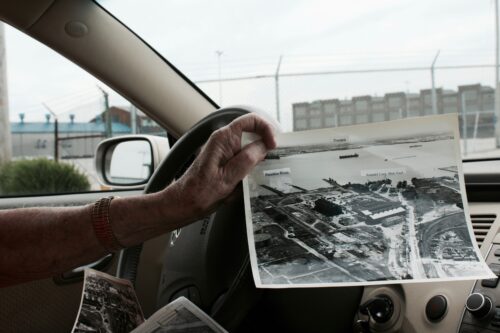
Baltimore’s Toxic Legacies Have Reached a Breaking Point
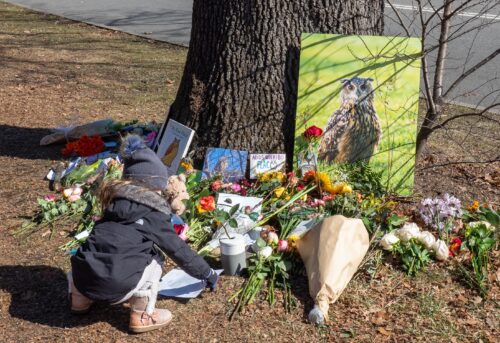
What a Community’s Mourning of an Owl Can Tell Us
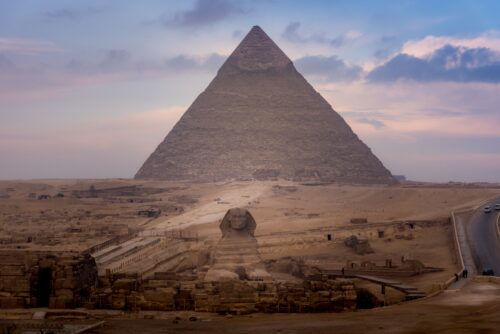
Why I Talked to Pseudoarchaeologist Graham Hancock on Joe Rogan
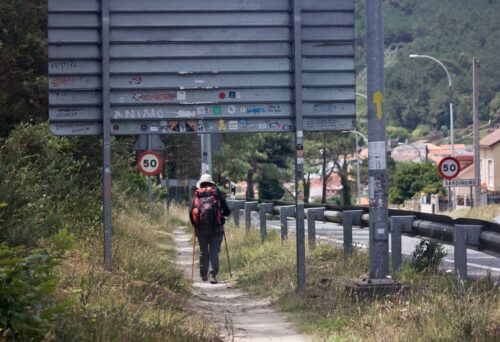
Conflicting Times on the Camino de Santiago
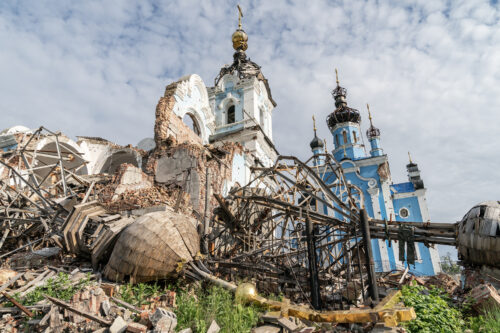
Spotlighting War’s Cultural Destruction in Ukraine
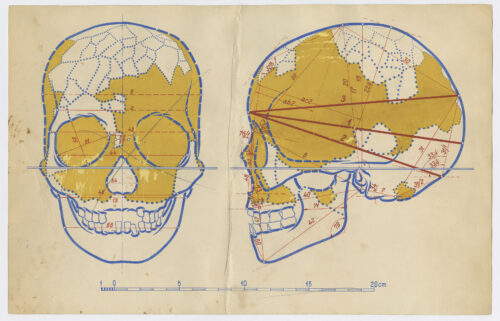
Learning From Snapshots of Lost Fossils
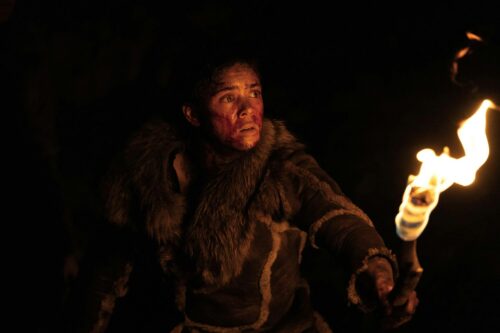
How Accurate Is the Stone Age Thriller Out of Darkness?

The Responsibility of Witnesses to Genocide

How Israeli Prisons Terrorize Palestinians—Inside and Outside Their Walls

Bila Mwili

The Viral Atrocities Posted by Israeli Soldiers
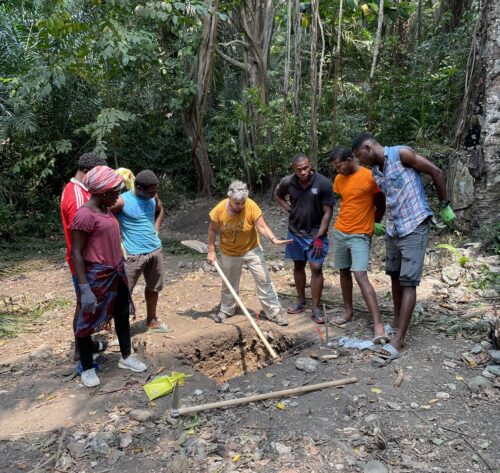
Unearthing the Origins of Plantation Slavery on São Tomé

Infant, Name Once Known

What It’s Like to Grow Old on the Margins

For the Love of Cats in Turkey
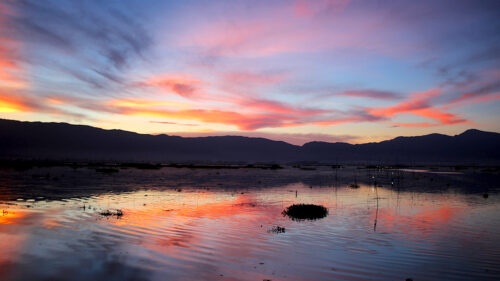
Fishing for Dust

Living as Stateless Palestinians in Jordan
